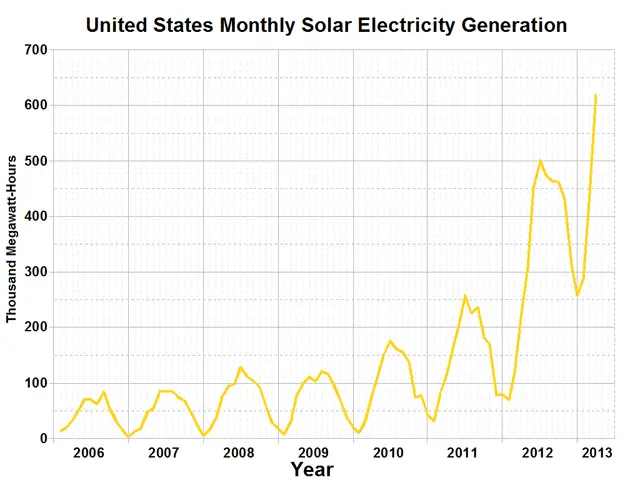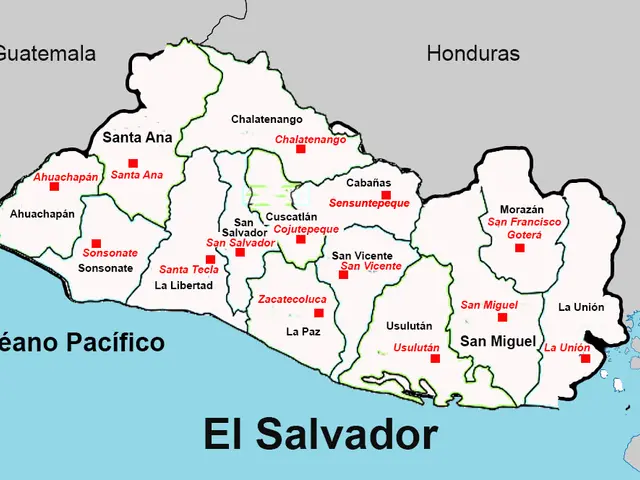Exploring Geothermal Energy's Promising Future for Berlin's Economy and Environment
Berlin's future is gearing up towards climate neutrality by 2045, and geothermal energy is identified as a potential contributor. According to a study published by Investitionsbank Berlin (IBB), approximately 4.2 billion euros would be required to tap into geothermal energy to supply around 20% of Berlin's heating requirements.
Investments may principally come from private investors, with only 19% of the total sum coming from the state. If implemented successfully, this move could create around 3,200 permanent jobs and up to 9,600 temporary positions during exploration and expansion phases.
The Senate embraced the idea of geothermal energy more firmly during the summer. Three locations for drilling trials were pinpointed: the Urban Tech Republic and the Schumacher Quarter on the former Tegel Airport site, the Neukölln district heating plant, and the Berlin-Buch campus.
Job Opportunities and Revenue
Investing in geothermal energy could generate significant job opportunities in the building, installation, maintenance, and operation sectors. Furthermore, this move could create a vital expansion in employment opportunities in the renewable energy sector, necessitating specialized technicians and engineers.
Embracing a Greener Future
The wide-scale implementation of deep geothermal energy could result in up to 20% of Berlin's heat energy having a carbon-neutral impact. The projected analysis by IBB estimates that over a three-year period, this initiative could generate approximately 670 million euros in additional public revenue.
Berlin's Current Heating Dependency
Presently, over 90% of heat in Berlin is generated through fossil fuels like coal, natural gas, and oil. Geothermal energy harnesses Earth's stored heat energy, which can be utilized for heating and various other applications.
The Need for Innovation
Without significant changes to current measures, the goal of climate neutrality by 2045 may not be achievable. Embracing novel technologies like geothermal energy is critical in reducing Berlin's reliance on non-renewable energy sources.
Enrichment Insights
To estimate the investment need for geothermal energy to serve 20% of Berlin's heating demands, several factors must be considered. These include the current heating demand, geothermal system efficiency, and the associated implementation costs.
To cover the required 1.82 TWh of heat energy, a rough estimate of €91.6 million per loop (serving around 30,000 households) could provide a ballpark figure.
Implementing a large-scale geothermal program could also create abundant job opportunities, boosting tax revenue and generating savings through energy efficiency. Moreover, the project could potentially produce carbon credits from the sale of surplus emissions offsets.








